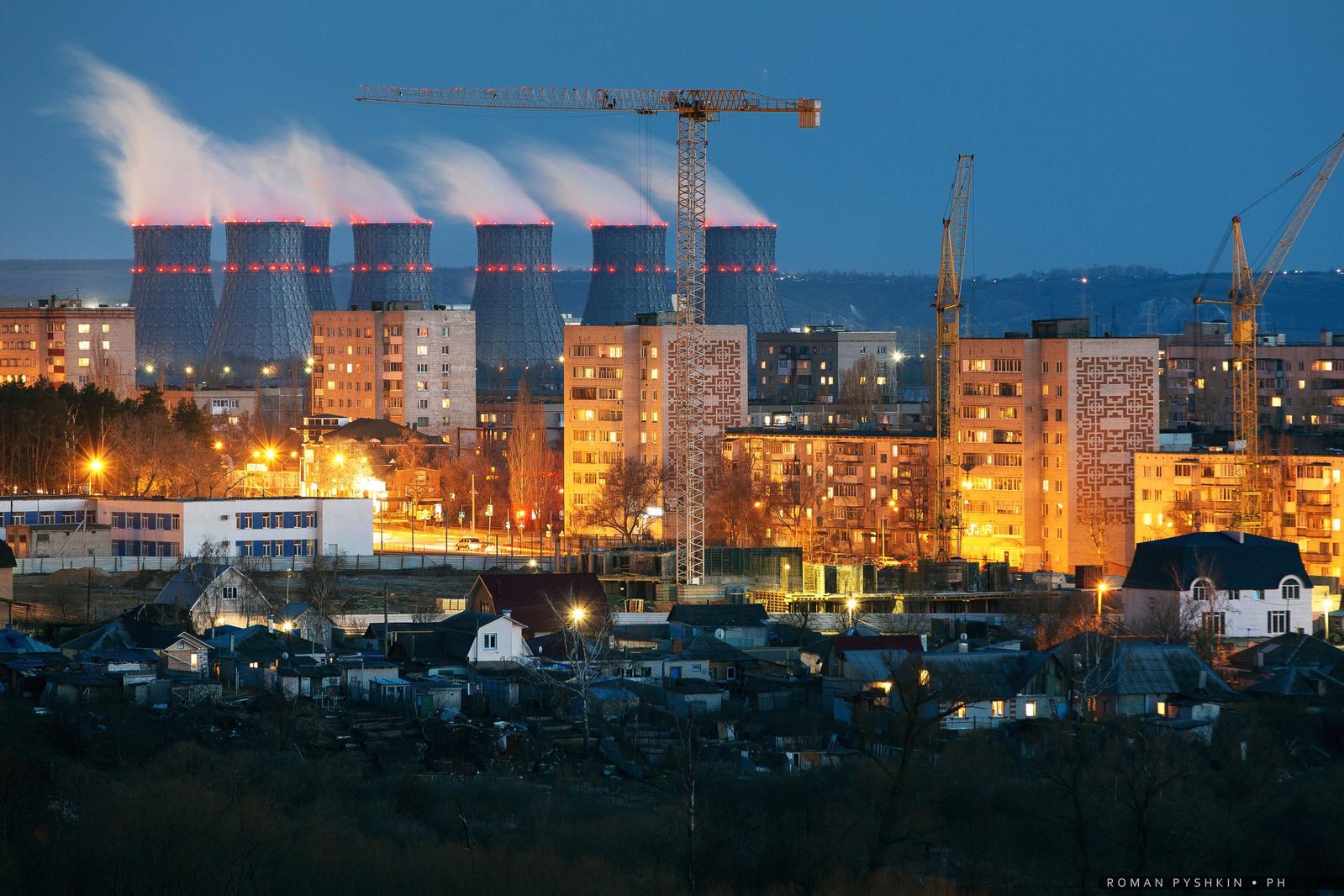

Despite an original plan to create an international consortium for the construction of the country’s first nuclear power plant, Kazakhstan picked Russia’s Rosatom as the main contractor, in a decision that does not mention other partners.
Vlast surveyed experts , who argued that mixing technologies from different companies into one project would have never worked. This means that the idea of a consortium was nothing more than an attempt to mitigate the mistrust that the local population had towards a Russia-led project.
Читайте этот материал на русском.
In mid-June, the Atomic Energy Agency announced that Rosatom would lead a consortium of companies building the first nuclear power plant in Kazakhstan and did not mention anything about the role that the other foreign companies that applied to the project could play.
Observers were not surprised: Since the early phase of discussion regarding the NPP, the probability of a Russian participation was high. The decision of explicitly selecting only Rosatom put an end to the government’s purported plan of balancing interests by inviting companies from four countries to the construction.
Following the referendum on the construction of the NPP, held in the fall of 2024, President Kassym-Jomart Tokayev announced that a consortium would be put in charge of construction. In early 2025, Rosatom, China National Nuclear Corporation, Électricité de France, and Korea Hydro & Nuclear Power were included in the shortlist of vendors.
The president also added that a state-owned company from Kazakhstan would become the general operator of the consortium. The remaining companies were to submit technical and commercial proposals, indicating the estimated cost of construction, implementation timeframes, financing model, as well as a roadmap to sourcing equipment and construction workers locally.

Rosatom’s proposal offered favorable financing conditions, CNNC’s strong side was a promise of a short construction time, Korea Hydro & Nuclear focused on building reactors, while EDF mastered complex technical equipment.
Crucially, Rosatom was also ready to provide the prospective NPP with fuel. This is an attractive proposition, because of Russia’s dominant 41% share in the uranium enrichment market. Yet, this also meant that Russia would not necessarily source fuel in Kazakhstan.
For Berik Matebay, a research fellow at the Energy Institute at the University of Texas at Austin, the idea of a consortium raised questions from the beginning.
Adapting different technical systems into one project, according to the expert, is both extremely difficult and against regulatory requirements. A nuclear power plant is a combination of reactors, alongside cooling, safety and control systems which are designed, certified, and licensed as a single integrated system.
“When people talk about consortiums, they usually mean a group of subjects pooling finances, sharing risks, and investing locally. It’s not about mixing technologies, because there is always one technology leader who is responsible for the nuclear station and all safety systems. The other participants can be engaged in construction, supply of turbines, generators and auxiliary infrastructure,” Matebay explained.

He cited the Akkuyu NPP in Turkey, where Rosatom equipped the plant and supplied the reactor, Germany’s Siemens supplied the turbines and generators, and Turkish companies built the facility and infrastructure. Responsibility for safety fell entirely on Rosatom.
“From a risk perspective, choosing a French vendor could have been questionable because some of their projects were delayed, while South Korean reactors depend on third countries for fuel. Therefore, [the choice was between] Rosatom and CNNC. And while CNNC had certain advantages, financing plays a key role here,” he explained.
Political scientist Togzhan Kassenova, who specializes in international nuclear policy, agrees with Matebay’s statement. According to her, the installation of a reactor is usually carried out by only one vendor.
“Rosatom is objectively an attractive option for Kazakhstan for technical and financial reasons. But there are many other reasons for concern in terms of political and geopolitical factors,” Kassenova told Vlast.
In a recent article for The Diplomat, Kassenova listed a number of risks connected to the choice of Rosatom. From possible sanctions against the company, which could lead to interruptions in the supply of equipment and fuel to political pressure on Kazakhstan from Russia, including military means. Kassenova also voiced concern regarding Kazakhstan’s authorities’ appetite for corruption, which could affect the construction of the facility.
Both experts believe that the initial idea of establishing an international consortium was only a subterfuge, designed to make people believe there was an open dialogue and a balanced discussion about national interest.
“It seems to me that Tokayev announced the ‘international consortium’ on the day of the referendum to calm the population. Many in Kazakhstan were questioning and still question the choice of Rosatom as a partner for the construction of the NPP,” Kasenova summed up.
Now that Rosatom has been picked, the population has yet to discover what part Kazakhstan will play. How will Kazakhstan’s independence be guaranteed and how does the country intend to balance its own interests against Russia’s? Both questions remain unanswered.
Власть — это независимое медиа в Казахстане.
Поддержите журналистику, которой доверяют.
Мы верим, что справедливое общество невозможно построить без независимой журналистики и достоверной информации. Наша редакция работает над тем чтобы правда была доступна для наших читателей на фоне большой волны фейков, манипуляций и пропаганды. Поддержите Власть.
Поддержать Власть



